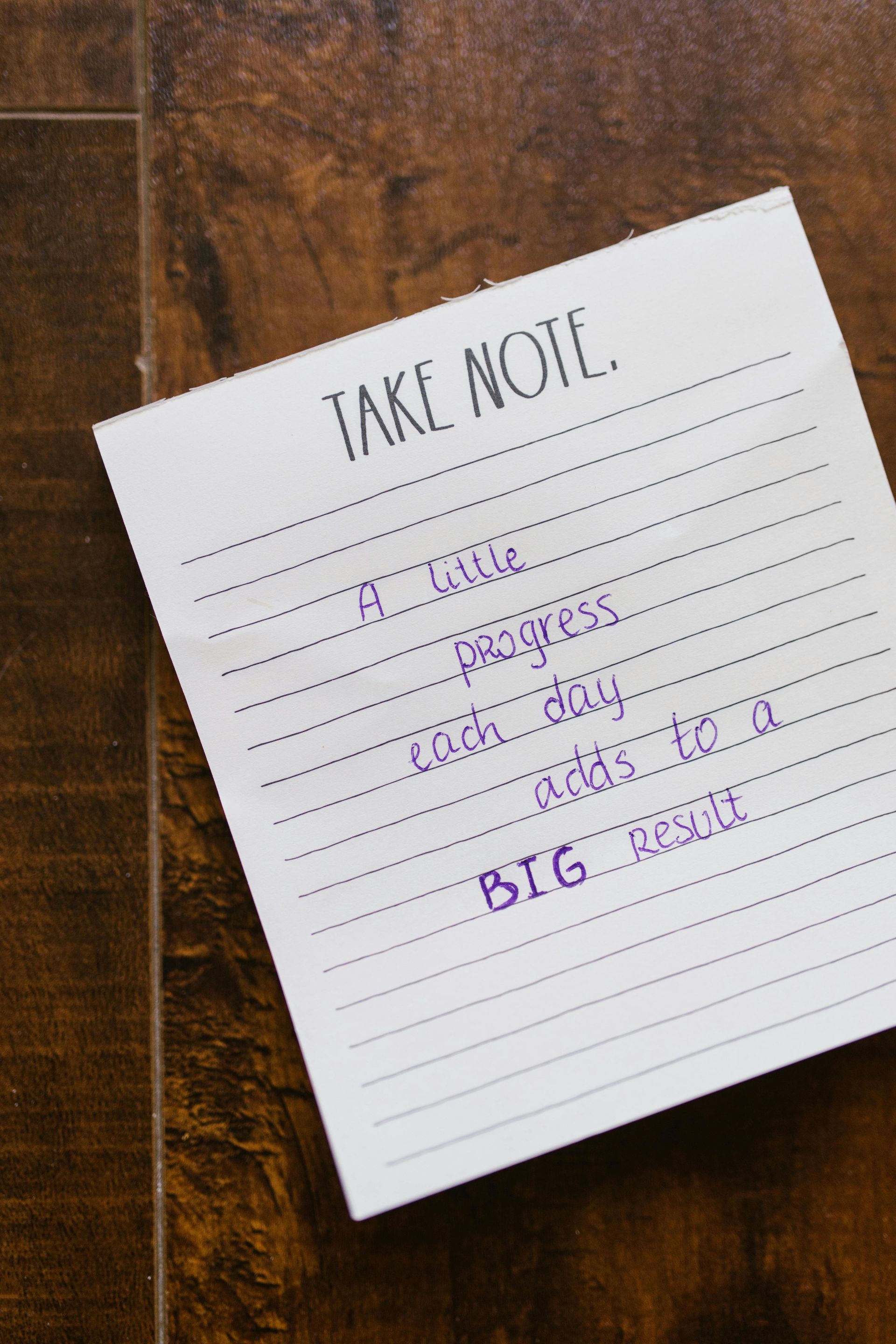Restriction vs. Creating Realistic Habits for Healthy Weight Loss

Restriction vs. Creating Realistic Habits for Healthy Weight Loss
At this time of the year, there is a great deal of information health and wellness in the media, TV and social media channels. When it comes to weight loss, the journey often starts with high motivation and strict goals. Many people turn to restrictive diets, cutting out entire food groups or drastically reducing calories in the hopes of achieving quick results. While this approach can lead to short-term weight loss, it’s rarely sustainable and often leads to frustration, burnout, and eventual weight regain.
In my clinical practice and my previous experience of working in NHS Obesity services, I have worked with many patients who have struggled with yo-yo dieting and the frustration of repeated weight regain. These individuals often came to me feeling defeated, having tried numerous restrictive diets without lasting success and felt that having weight loss surgery was the only solution left to try.
However, by shifting their focus to creating sustainable habits and learning the skills to manage their weight, many of these patients achieved not only their weight loss goals but also a greater sense of happiness and control over their health without the need for a life-changing surgery. Some also reversed their risk of developing type-2 diabetes, a chronic condition related to lifestyle and weight. Witnessing their transformation as they adopted realistic strategies and found freedom from the cycle of restriction confirmed the research evidence on the power of habit-based approaches.
What are the Downsides of Restriction?
Restrictive diets often promise rapid weight loss, but they come with significant downsides:
- Unsustainable Practices: Restriction can make eating feel like a chore or punishment. This mindset makes it difficult to maintain the diet over time.
- Nutritional Deficiencies: Cutting out entire food groups (e.g., carbs, fats) can deprive the body of essential nutrients, leading to fatigue, irritability, and other health issues.
- Psychological Strain: Restriction can lead to feelings of deprivation, which may increase the risk of binge eating or developing an unhealthy relationship with food.
- Yo-Yo Dieting: Rapid weight loss often results in rapid weight regain when the restrictive plan becomes unsustainable. This cycle can negatively impact metabolism and mental health.
Why Habits Work Better Than Restriction
Psychology informs that habits are powerful because they require less conscious effort over time. When healthy behaviours become automatic, they’re easier to maintain, even during busy or stressful periods. Unlike restrictive diets, which often feel like temporary fixes, habits create a foundation for lasting change and improved health. For instance, replacing sugary beverages with water or eating a balanced breakfast every day might not seem transformative at first. However, these habits accumulate over time, contributing to sustainable weight loss and overall healthier lifestyle.
The Power of Realistic Habits to Build Your Healthy Weight Loss Plan
Creating realistic habits focuses on gradual, manageable changes that fit into your lifestyle. This approach fosters long-term success by promoting consistency and balance.
Here are a few tips to get started:
- Small, Gradual Changes: Instead of overhauling your entire diet, focus on one or two changes at a time. For example, start by drinking more water or incorporating a serving of vegetables into every meal. Once it becomes routine, add another.
- Balanced Nutrition: Think of meals as an opportunity to fuel your body, rather than as a strict regimen. Restriction leads to more cravings of the foods you are trying to restrict from your diet! Aim for a diet that includes all food groups, emphasising whole, minimally processed foods.
- Mindful Eating: Pay attention to your hunger and fullness cues, and eat without distractions. This helps prevent overeating and encourages a positive relationship with food.
- Realistic Goals: Set goals that are achievable and specific, such as losing 1-2 pounds per week or walking 30 minutes a day. Small wins build confidence and momentum.
- Be Patient: Sustainable weight loss takes time. Focus on progress rather than quick results.
- Seek Support: Whether it’s a friend, family member, or health professional, having support can help you stay accountable and motivated.
- Be Kind and Flexible: Life changes, and so will your habits. Be flexible and adjust your goals and routines as necessary but do it with kindness and compassion for yourself.
- Celebrate Progress, Not Perfection: Weight loss journeys aren’t linear, and slip-ups are normal. Celebrate progress and focus on consistency rather than perfection. Celebrating progress will also help you to stay motivated.
Remember….
Weight loss doesn’t have to mean extreme restriction. By focusing on creating realistic, sustainable habits, you can achieve your goals while improving your overall relationship with food and your body. This balanced approach not only promotes healthy weight loss but also lays the groundwork for a healthier and kinder lifestyle for YOU!
Thank you for taking the time to read this blog.
Warm Wishes
Dr Neesha Patel
For more information on how to access psychological support or for a no obligation free 15-minute telephone consultation, please contact: info@evokinghealth.co.uk









